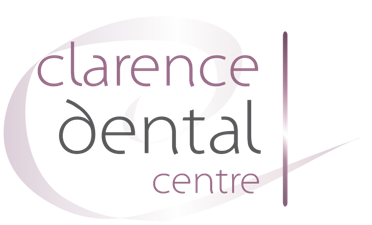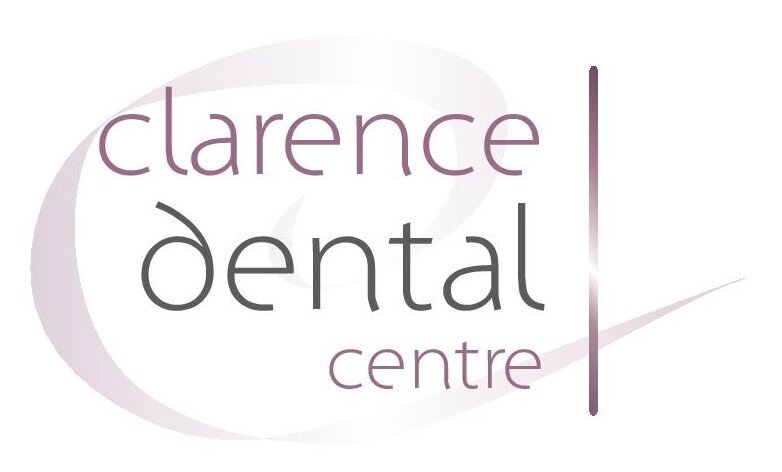Your baby’s oral health 101
There is just so much to learn when you have a baby! From feeding, sleeping, teething and everything in between, it’s a lot to take in! Setting your child up for a lifetime of excellent oral health starts from day one, and armed with the right advice, it needn’t be a headache.
Unsurprisingly, good oral health starts with a healthy diet. Even before your baby has teeth or starts eating solids, good oral hygiene habits are incredibly important and there are a few traps to be weary of:
1. Do not send your baby to bed with a bottle. When sleeping, there is less saliva in the mouth to protect the teeth. Going to bed with a bottle of anything other than water means your baby’s teeth are coated in the formula and with reduced saliva to rinse it off, can lead to early tooth decay.
2. Do not give your baby anything to drink other than milk/formula and water (when developmentally appropriate). Fruit juices, cordials and soft drinks should be avoided altogether.
3. Be wary of baby foods which have been sweetened with fruit concentrates. This is a common tactic used by food manufacturers and can lead to tooth decay. Always check the label of pre-packaged and processed foods and opt for those lowest in added sugars. ‘Natural’ sugars does not equal healthy or safe for the teeth.
4. Never dip your baby’s pacifier in honey or any sweetened liquids, and avoid using your own mouth to ‘clean’ the dummy. The bacteria which causes dental caries can be easily transferred from your mouth to your child’s in doing this.
As soon as your baby’s first teeth erupt, at around 4-8 months of age, you can start cleaning their teeth using a soft cloth and water. Baby toothpaste can be introduced at 18 months, only using a tiny smear. As your baby develops more teeth, it is important to monitor their health by lifting the lips and checking the teeth at the gumline, as this is where decay usually presents at this age, with an appearance of brown or black areas on the teeth. If you are concerned about your baby’s oral health, it is never too early to see your dentist for advice and peace of mind.


